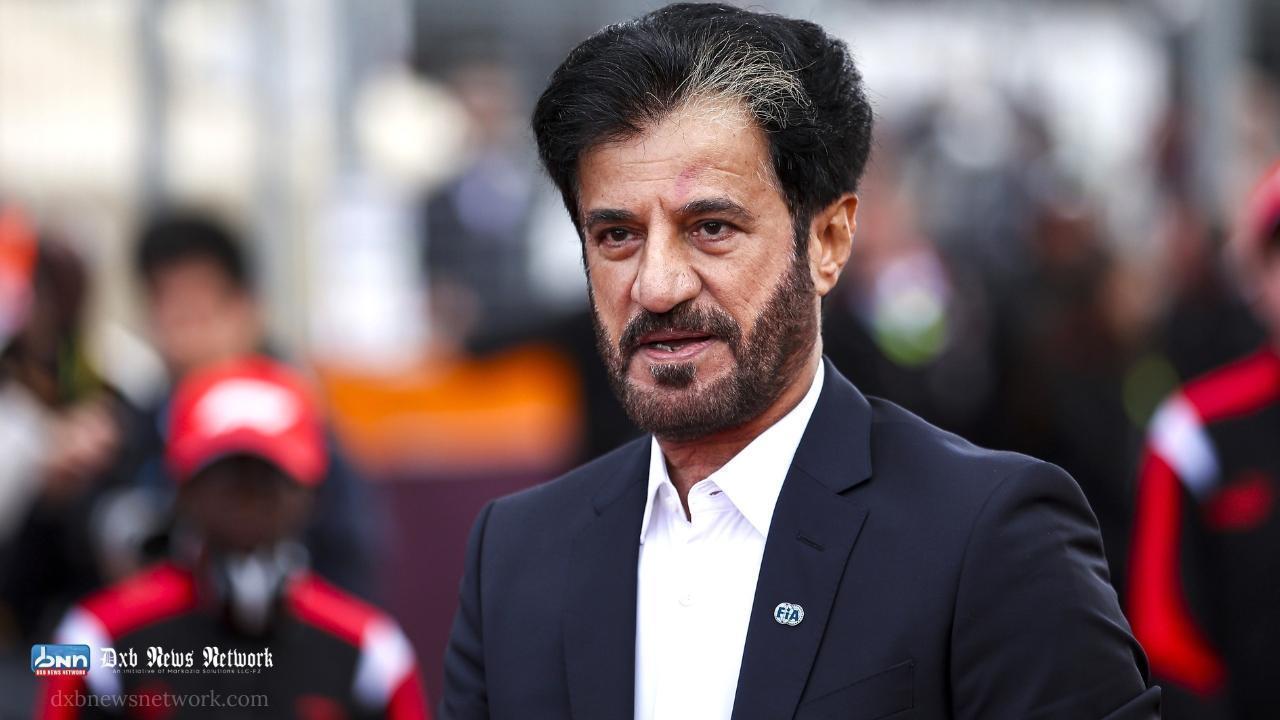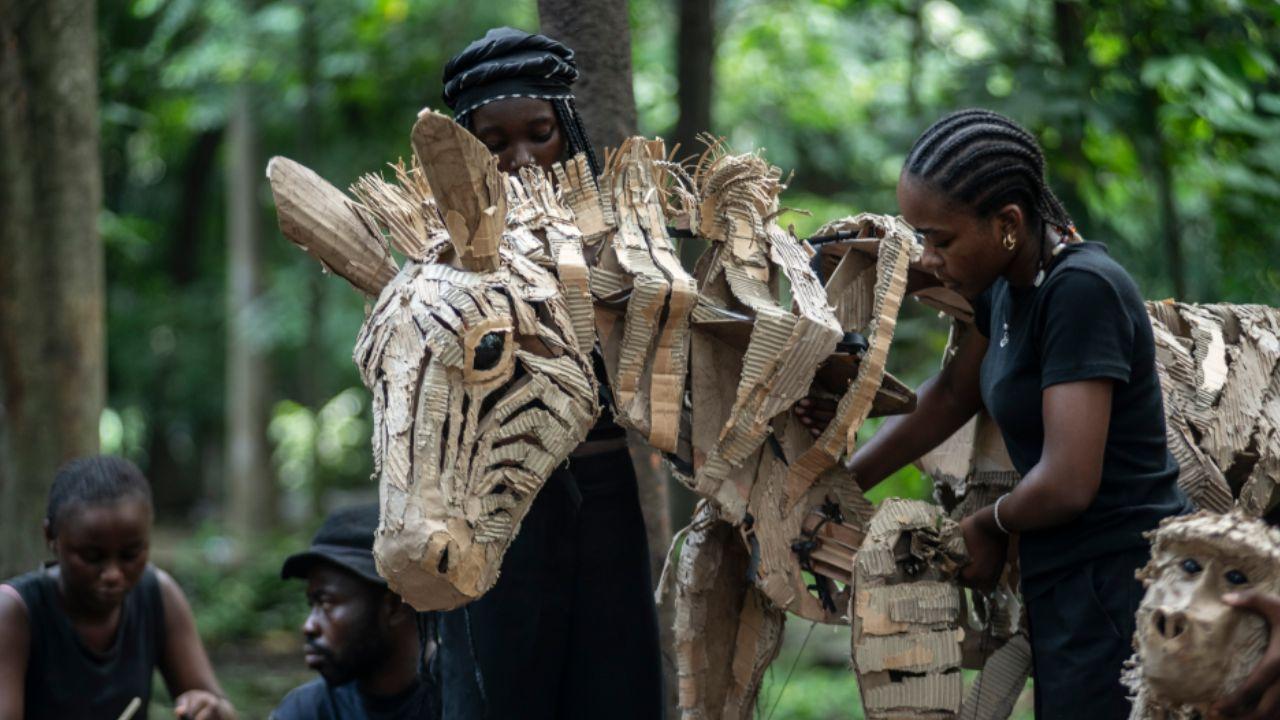
Post by: Vansh Kumar
Memory is more than just a collection of past experiences—it is the very foundation of our identity. Our memories influence how we perceive the world, how we interact with others, and how we make decisions. Whether we’re recalling joyful moments or painful experiences, each memory leaves a lasting impression on who we become. The question is, how exactly does memory shape who we are? Let’s explore the fascinating process of how our memories influence our lives and define our sense of self.
To understand how memory shapes who we are, we first need to dive into the science behind memory itself. Memory is not a single, isolated function but a complex network of processes that take place in different regions of the brain. The hippocampus, amygdala, and prefrontal cortex are key players in storing, recalling, and interpreting memories. There are different types of memory—sensory memory, short-term memory, and long-term memory—and each serves a unique role in shaping our experiences. Sensory memory captures brief impressions of the world around us, while short-term memory allows us to hold information temporarily. Long-term memory, however, is where our life experiences are stored and where the process of shaping our identity truly begins. These long-term memories are critical because they help us understand our past and influence how we react to future situations, ultimately playing a significant role in how memory shapes who we are.
Our memories are deeply intertwined with our sense of self. From the moment we are born, we begin collecting memories—some vivid and others faint—but each one plays a role in constructing our identity. These memories serve as the building blocks for our personal narrative, helping us understand who we are, where we come from, and what we value. For example, a memory of a childhood experience, such as a family trip, can shape our views on family or adventure. Conversely, a painful memory, such as a failure or a loss, can influence how we approach challenges or relationships. It’s not just the memory itself that matters, but how we interpret and internalize it. This process of reconstruction means that our memories are constantly being revised, shaped by current emotions and experiences. Therefore, the way we remember our past can have a profound effect on how memory shapes who we are today, altering our beliefs, our actions, and our perception of the world.
Our memories don’t just define our identities; they guide our decisions and actions as well. The memories we hold, whether they are of success, failure, joy, or regret, heavily influence the choices we make moving forward. For example, a positive memory of achieving something significant may encourage us to pursue similar goals in the future, while a memory of a difficult experience might cause us to avoid similar situations. This influence is particularly evident in how we react to people and circumstances in our daily lives. If you’ve had a positive experience with a particular person or situation, your memories of that event will likely prompt you to seek out similar experiences. On the other hand, negative memories can shape our hesitations, fears, and even prejudices. Thus, memories play a critical role in how memory shapes who we are, as they direct our behavior and decisions, often unconsciously.
Memory is also a key player in how we form and maintain relationships. Whether with family, friends, or romantic partners, our memories of interactions with others shape our future connections. Positive memories of support, kindness, or shared joy help strengthen the bonds we have with others, fostering trust, affection, and loyalty. Conversely, negative memories—such as arguments, betrayals, or disappointments—can lead to barriers in relationships, causing us to retreat or become more cautious in our future interactions. Memory doesn’t just affect individual relationships but also plays a role in our connection to larger social groups. Shared memories and collective experiences help define the culture and identity of families, communities, and even nations. In this way, memory directly influences how memory shapes who we are socially, guiding our interactions and sense of belonging.
While memories are vital for constructing our identity, what happens when they are lost or altered? Memory loss, whether due to aging, brain injuries, or diseases like Alzheimer’s, can have a profound effect on our self-identity. If we are unable to recall key aspects of our past, it can feel like a piece of ourselves is missing. Without memory, we lose the foundation on which we build our understanding of who we are. Similarly, trauma can have a significant impact on memory. Traumatic experiences can reshape the way we recall events, often distorting memories or causing us to block them out entirely. These altered memories can influence how we perceive ourselves, our worth, and our future. In some cases, trauma-induced memories may prevent individuals from moving forward, keeping them trapped in the past. For those who experience memory loss or trauma, therapy or counseling can help them process and reframe these memories, allowing them to heal and reclaim their identity. In this way, the way we remember—or forget—our past plays an essential role in how memory shapes who we are.
Understanding the influence of memory on our lives gives us the opportunity to harness its power in positive ways. Being mindful of the memories we hold and how they affect our actions can help us live more intentionally. Engaging in practices like journaling or mindfulness can help preserve valuable memories and enhance our self-awareness. Reflecting on our past can allow us to understand our emotions, challenge limiting beliefs, and make more empowered choices in the future. Additionally, managing negative or traumatic memories through therapy can allow us to release their grip on our lives and build a healthier sense of self. By consciously shaping the memories we hold onto and the stories we tell ourselves, we can positively influence how memory shapes who we are and guide ourselves toward a more fulfilling future.
The article explores the profound role memory plays in shaping our identity and actions. From the science behind memory formation to how it influences decisions, relationships, and self-perception, it delves into how our memories define who we are. It discusses the different types of memory—sensory, short-term, and long-term—and explains how our brain processes and reconstructs memories, influencing our beliefs, behaviors, and interactions. The article also touches on the impact of memory loss and trauma, emphasizing the importance of memory in maintaining a sense of self. Finally, it offers insights into how we can harness the power of memory to improve our lives by being mindful of the memories we hold and how they shape us.
The content provided in this article is for informational purposes only. The views and opinions expressed here do not necessarily reflect those of DXB News Network. While we strive for accuracy and relevance, we encourage readers to seek professional advice for specific health, psychological, or medical concerns. DXB News Network is not responsible for any actions taken based on the information shared in this article.
#trending #latest #Memory #Identity #Choices #Relationships #SelfAwareness #MemoryPower #PersonalGrowth #Mindset #Emotions #SelfDiscovery #breakingnews #worldnews #headlines #topstories #globalUpdate #dxbnewsnetwork #dxbnews #dxbdnn #dxbnewsnetworkdnn #bestnewschanneldubai #bestnewschannelUAE #bestnewschannelabudhabi #bestnewschannelajman #bestnewschannelofdubai #popularnewschanneldubai

Discover how AI drives innovation and transforms modern technologies...Read More.

The Al Shifaa Summit 2025 in Abu Dhabi will unite global experts to advance Integrative Medicine, blending traditional and modern healthcare practices...Read More.














Rizwan Says English Isn’t a Must, Only Cricket Matters
Mohammad Rizwan proudly says he’s not ashamed of poor English. For him, playing cricket for Pakistan

Nightclub Roof Collapse in DR: Death Toll Hits 226
226 dead in Dominican nightclub collapse; nation mourns as families seek answers

Middle East’s Growing Influence in Formula 1 Recognized by FIA President Mohammed Ben Sulayem
Middle East’s Growing Influence in Formula 1 Recognized by FIA President Mohammed Ben Sulayem

'The Herds' starts journey from Africa to the Arctic Circle
‘The Herds,’ a cardboard animal show, starts in Congo to show how climate change pushes nature away.

Millie Bobby Brown explores Dubai in new campaign
Millie Bobby Brown stars in a fun Dubai film with Jake Bongiovi, sharing her journey through city st